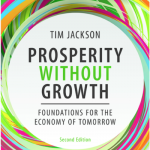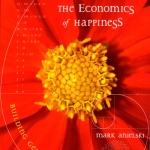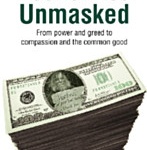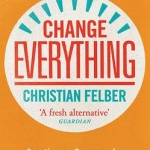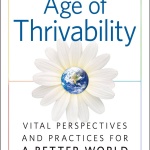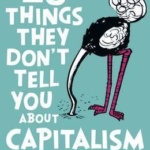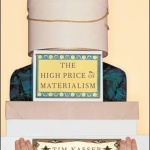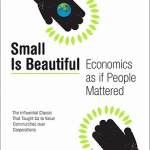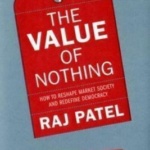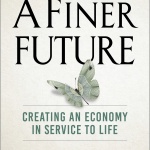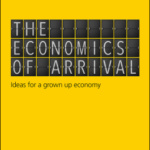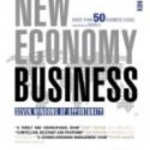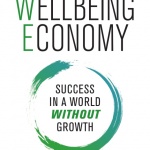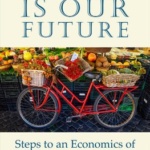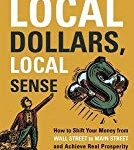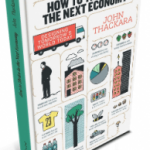Published on April 22, 2020
During the pandemic, many people are finding themselves with more time on their hands – and many are also in pursuit of new economic ideas and understanding.
WEAll and our members have compiled some recommendations for ‘must-read’ books to understand the case for, and path towards, a wellbeing economy.
Here’s the result – 20 important books that provide answers, inspiration and hope.
Of course, this list is not exhaustive – comment below with your own recommendations. Why not get involved with the WEAll Read book group, which is holding monthly meetings? Find out more here.
Alphabetically by author:
- An Economy of Wellbeing: Mark Anielski
- 23 Things They Don’t Tell You About Capitalism: Ha-Joon Chang
- Change Everything: Christian Felber
- Wellbeing Economy: Lorenzo Fioramonti
- The Divide: Jason Hickel
- New Economy Business: Margo Hoek
- The Age of Thrivability: Michelle Holliday
- Prosperity Without Growth: Tim Jackson
- The High Price of Materialism: Tim Kasser
- A Finer Future: Hunter Lovins, Stewart Wallis, John Fullerton and Anders Wijkman
- Economics Unmasked: Manfred Max-Neef
- Local Is Our Future: Helena Norberg-Hodge
- The Value of Nothing: Raj Patel
- The Spirit Level: Kate Pickett and Richard Wilkinson
- Doughnut Economics: Kate Raworth
- What Money Can’t Buy: Michael J. Sandel
- Small is Beautiful: E.F. Schumacher
- Local Dollars Local Sense: Michael Shuman
- How to Thrive in the Next Economy: John Thackara
- The Economics of Arrival: Katherine Trebeck and Jeremy Williams
Want to join
the discussion?
Let us know what
you would like
to write about!
the discussion?
Let us know what
you would like
to write about!


